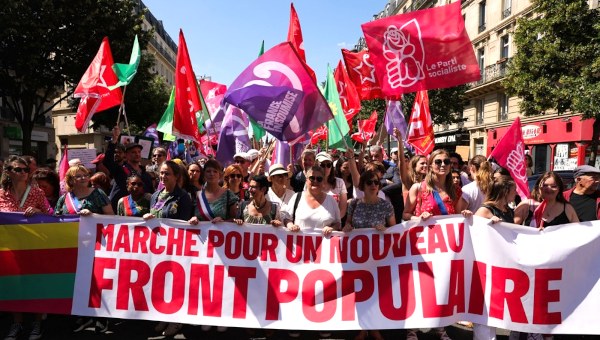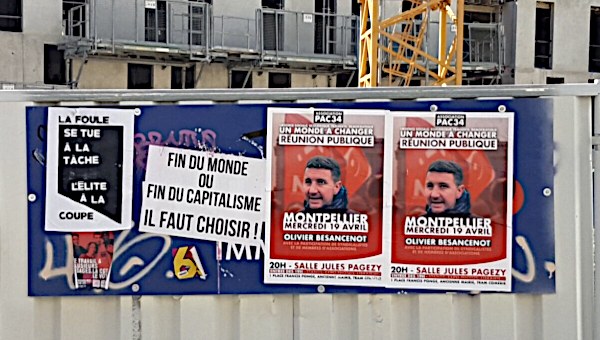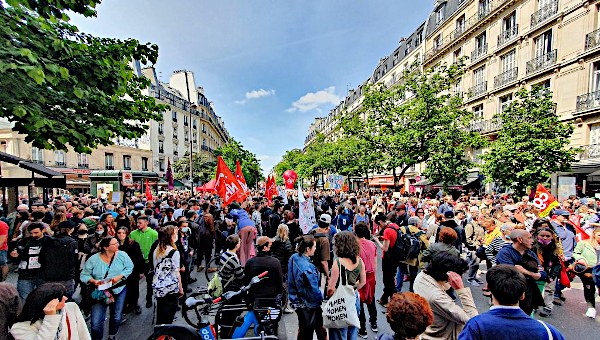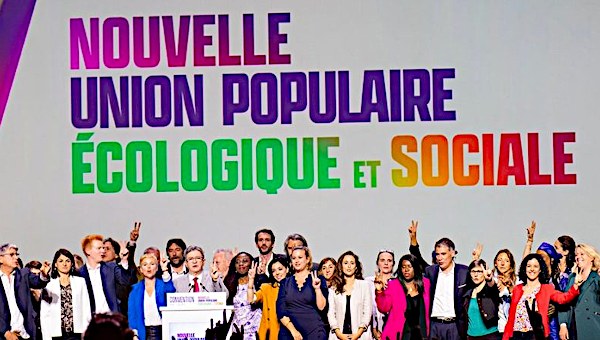France: In the Wake of Last Sunday’s ‘Green Wave’
On Sunday, the 28th of June, voters across France went to the polls to decide the municipal governments of 4,820 communes, including all of the country’s largest cities.
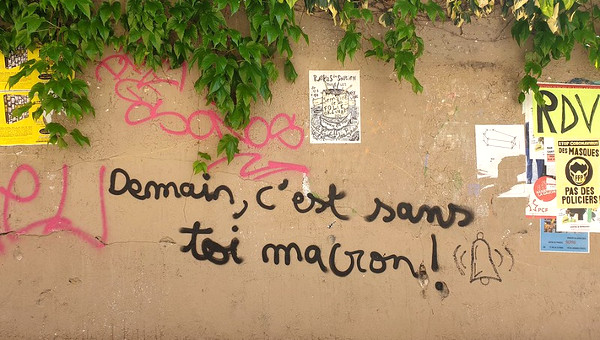
The vote took place a record-breaking 100 days after the first round election, in which around 35,000 communes voted in the EU’s largest single municipal election. With the COVID-19 pandemic forcing a second-round delay – leaving those municipal governments with no first round winner in a strange limbo at a critical moment – all eyes were on these results and what they would portend for the future of French politics.
If you’ve seen a single headline about Sunday’s results, it probably alludes to a “green wave” having washed across France. Indeed, lead candidates associated with EELV-The Greens defeated right-wing incumbents in EU capital Strasbourg, third-largest city Lyon, second-largest city Marseille, and important port city Bordeaux, which had been held by the right for more than 70 years.
Looking beneath the surface, we see that these victories were undergirded by widely differing political constellations. Despite a few Green-dominated bodies, most were much broader coalitions that included substantial support from Socialists and Communists, while in Marseille the sprawling Printemps Marseillais additionally includes France Insoumise and citizens’ movements, and is led by Michèle Rubirola, who was initially suspended by EELV-The Greens for demanding to run with such a broad coalition (which her party eventually joined).
Pink and Green Victories
In addition to these various Green-tinged victories, Socialist candidates prevailed in traditional strongholds of Lille, Nantes, Dijon, and most notably, Paris, where incumbent Mayor Anne Hidalgo, backed by the Greens and Communists, won nearly 50 per cent of the vote in a three-way race. Indeed, many of these ‘red’, or perhaps ‘pink’, victories also include shades of green in their palate. For the Socialists, the elections served as a necessary triage for a party that had been bleeding voters ever since the disastrous presidency of François Hollande.
The second takeaway from this election is its poor turnout. France prides itself on its strong municipal turnout, but on Sunday, nearly 60 per cent of the 16.5 million eligible voters stayed away from the polls, in what France Insoumise leader Jean-Luc Mélenchon described as a “civic strike” in his election night speech.
While the ongoing pandemic certainly played a role in this (with 43 per cent of respondents citing fear of COVID-19 as their main reason for abstention), it is clear that many French voters are either exhausted, disenchanted or furious at the state of politics in their country. Many people who have made their voices heard in recent times, for example, in Yellow Vest uprisings or other social movements were clearly not satisfied with the options on the table.
Shifting to the far right, Marine Le Pen’s Rassemblement National (RN) strategy as has been clear for some time, was to strengthen its hold in a few key cities, opting for depth over breadth. RN was successful in capturing the mid-sized southern city of Perpignan but failed to register any surprise victories. Whether they are able to gradually expand this strategy toward a Perpignanization of France – to quote journalist Cole Stangler – remains unclear, but early responses to the election do not seem to indicate a brightening of the party’s star.
The biggest loser of the night undoubtedly was President Emmanuel Macron. The President was humiliated by a badly bungled effort to win Paris – with his first candidate resigning in a sexting scandal and his second leaving her post as Health Minister at the outset of COVID-19 only to fail to be elected even as a city councillor – while his party République en Marche failed to win a single city larger than 100,000 inhabitants. His only possible victory to claim was that of current Prime Minister Edouard Philippe, who won his old Republican Party stronghold port city Le Havre. But even this modest victory casts confusion, as Philippe is constitutionally forbidden from serving as Prime Minister and Mayor at the same time.
Macron will rely on his preternatural self-confidence in this coming period to push beyond the result, but he must no doubt be worried, particularly by the possibility that he has lost a segment of his urban electorate to the Greens, a shift foreseen by Pauline Graulle as early as December of last year.
Future of EELV-The Greens?
The composition and ideology of these Green voters – and the political orientation of their newly elected leaders – is the most hotly debated issue in the election’s aftermath. EELV-The Greens is a relatively hollow party, with few party activists and little infrastructure, and its voter base ranges from liberal bourgeois organic food enthusiasts to passionate young activists driven by their conviction that we have 12 years to stop total climate catastrophe.
Some commentators have suggested that EELV-The Greens are destined to become the next République en Marche, riding popular discontent and attractive marketing toward a neither-right-nor-left form of governance that will ultimately only reinforce the status quo. Others assert that the broader coalitions behind this “green wave” will ensure a social democratic backbone to the project, and could provide the blueprint to form a renewed left front ahead of the 2022 presidential and legislative elections.
In his comments made on Sunday night, France Insoumise leader Mélenchon did not seem overly enthusiastic about this latter possibility, and he has certainly been the kingmaker and deal breaker of national left unity projects in recent times. However, he too must come away from the election humbled by the reminder that his own project is far from hegemonic, even on the broader left.
As always, clarity will come through struggle – between the two wings of EELV-The Greens, between the Greens and their coalition partners of various shades of red, and between these ostensibly now left-governed cities and the neoliberal-right duality that still controls the discourse at the national level.
What is already clear is that there now exists political space to wage that struggle, which is something that has eluded the broader electoral left since 2017, and which represents a chance that should not be squandered. •
This article first published on the Rosa-Luxemburg-Stiftung website.


